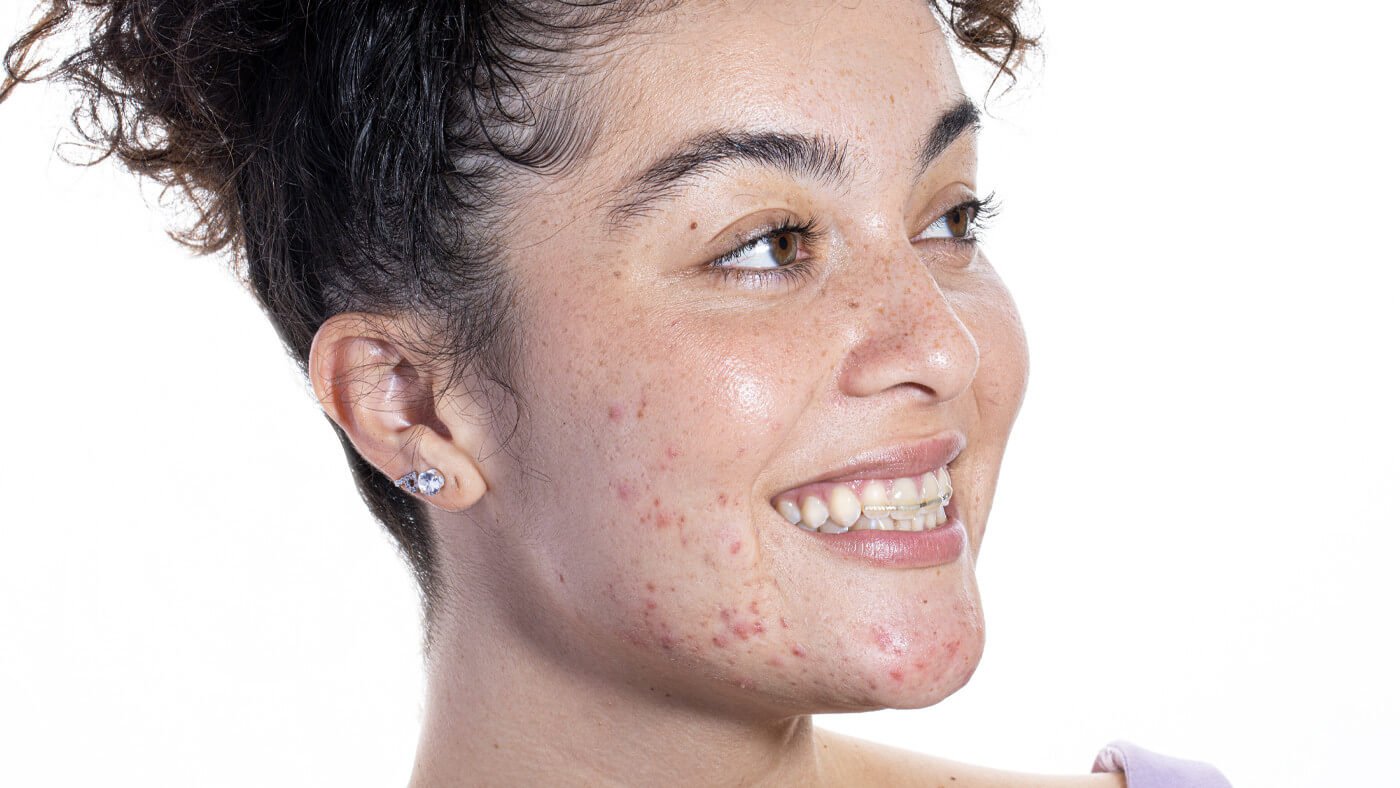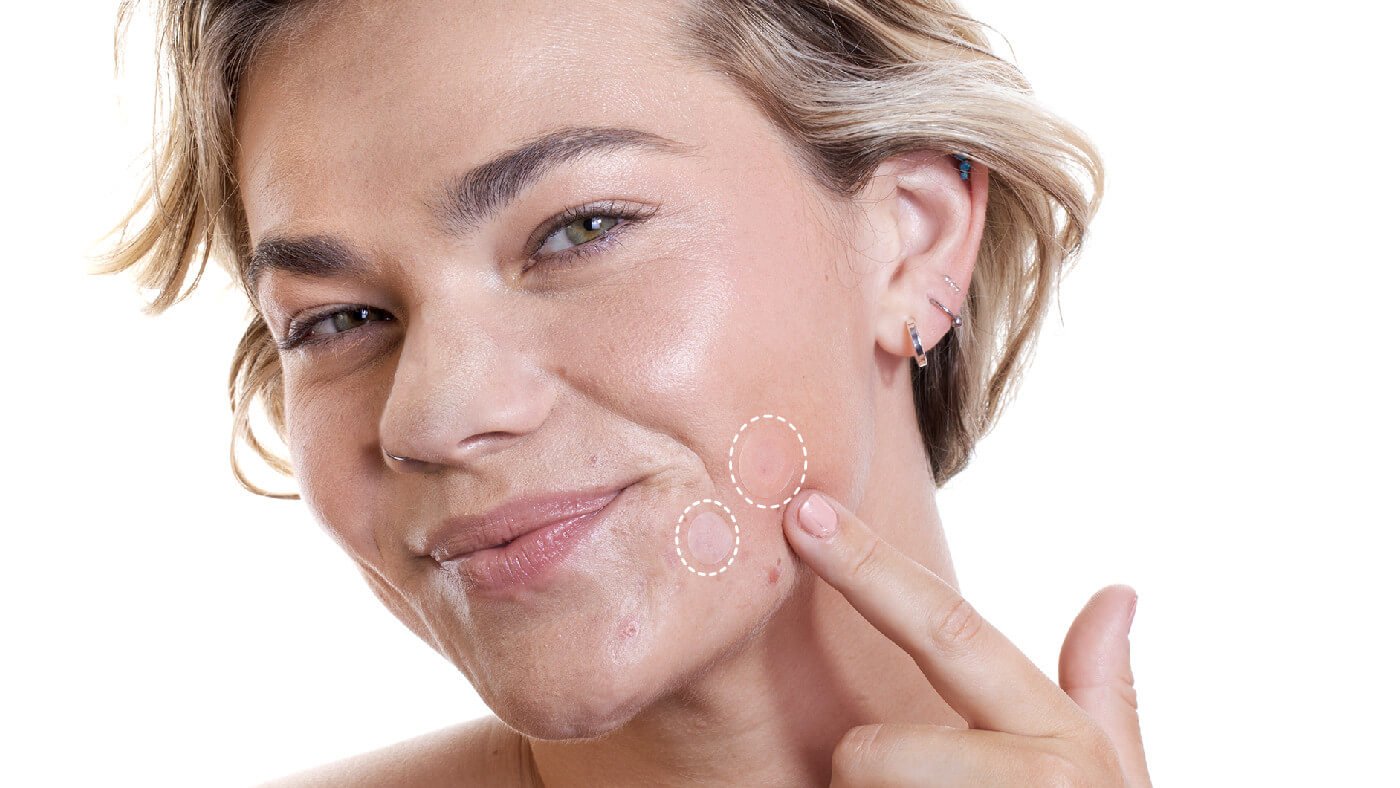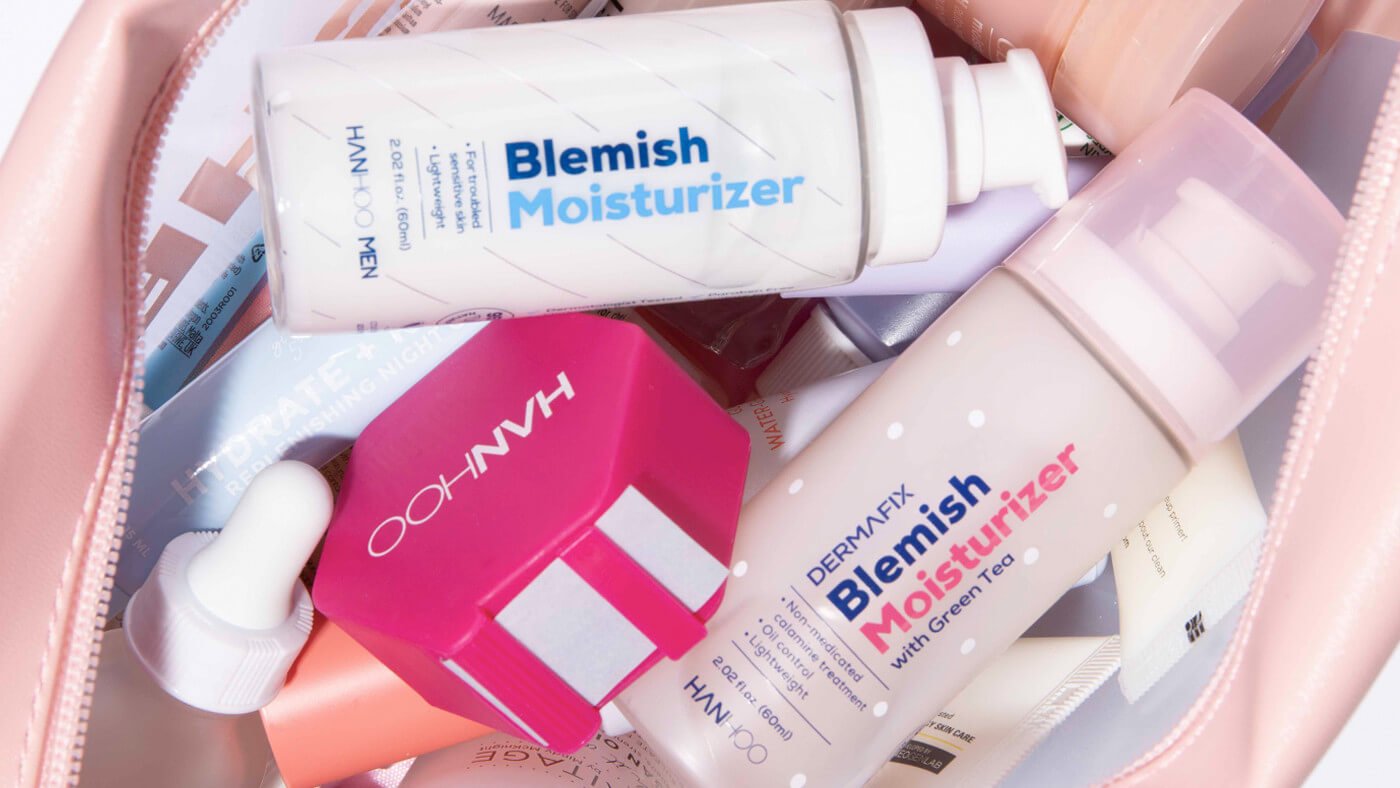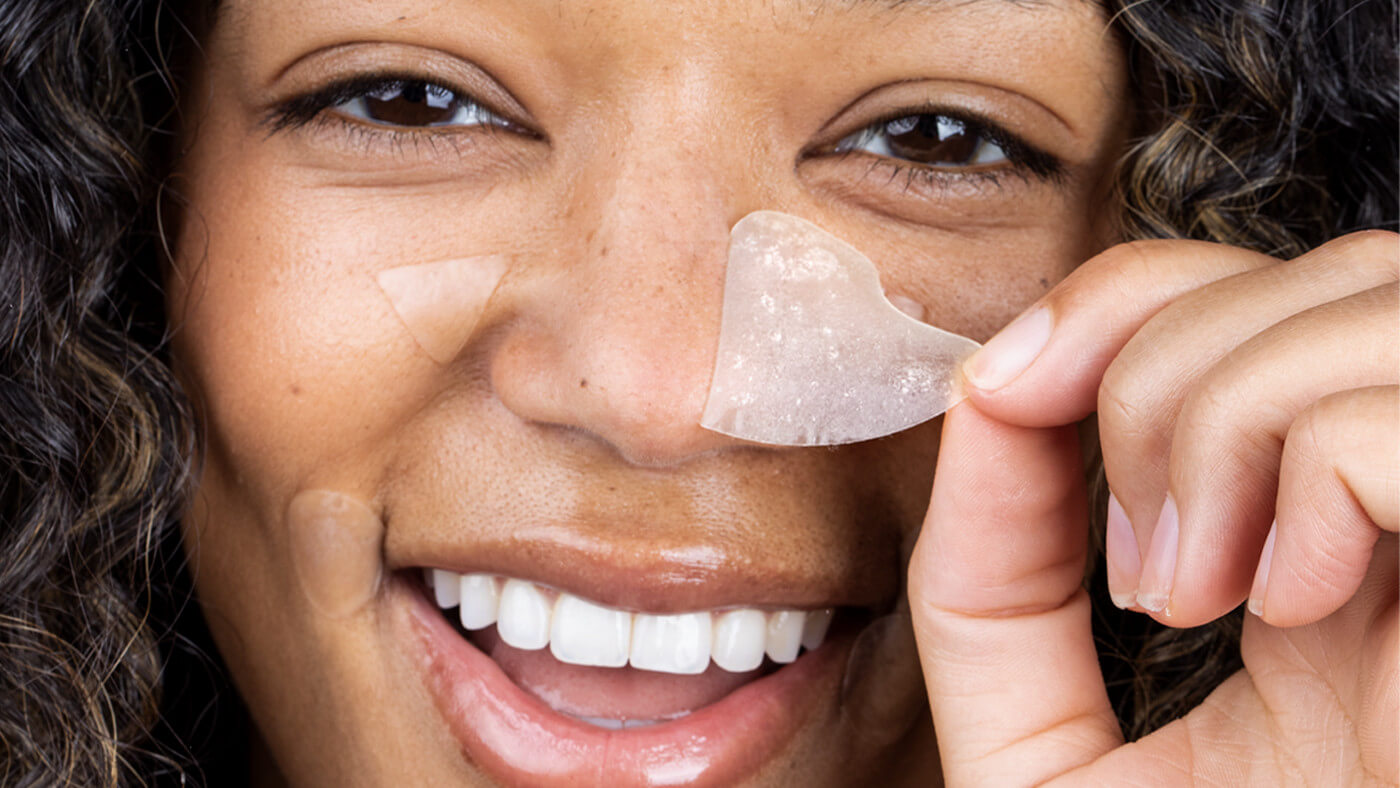We’ve all heard about the usual culprits that cause breakouts, like chocolate, dairy, and not washing your face enough, which by the way don’t actually cause breakouts.
Like chocolate for example, doesn’t necessarily cause you to break out. For one there aren’t any current studies that actually connect the consumption of chocolate to acne. And for another, some types of chocolate, like dark chocolate, can actually be good for your skin.
Surprisingly enough, some factors that can actually trigger breakouts are not as well known. For example, your phone has the potential to trigger a breakout.
Think about the last time you cleaned your phone. It’s probably not all that recent (if it all). Our phones can harbor bacteria given all the surfaces we leave them on and how often we touch them. And then you answer a call putting your phone up to your ear and cheek transferring all that bacteria to your skin.
But, luckily keeping your phone clean is a lot easier to do than changing up your whole diet.
Here are some other not super well known acne-triggering factors (and the easy ways to avoid them):
🧴Hair care products
Lots of hair products tend to contain some potentially pore-clogging ingredients like oils and butters. These heavy ingredients can potentially clog up pores and trigger breakouts especially along the hairline and the back of the neck.
You don’t necessarily have to switch out all your hair care products that contain butters and oil, but you just have to make sure to wash off any residue lingering on the skin or on areas your hair touches often (like a hat or pillowcase).
😴Lack of sleep
Sleep can be very reparative for the skin since it's during this time that our skin works to repair itself. As we sleep, our body works to repair damage done to the skin via UV and pollution. So it stands to reason that if you don’t sleep enough you aren’t giving your body adequate time to help the skin repair itself.
If the skin doesn’t repair itself as it normally does when we sleep, the skin barrier can become compromised. And, with a weaker skin barrier, the skin can become more susceptible to aggressors that may cause acne breakouts.
While it may not be super easy to get your sleep track on schedule, it is in your best interest to find ways to get your sleep back on track (and not just for your skin).
🫧Over-exfoliating the skin
In general, exfoliating the skin can be super beneficial to acne-prone skin types. Exfoliation helps get rid of built up dead skin cells and excess oil on the skin (the elements that can clog pores and trigger breakouts).
But, exfoliation should only be done about 2 to 3 times a week, and if you have sensitive skin it should be even less than that. If you overdo it and exfoliate too often, you might end up causing a negative response in the skin. Over-exfoliaitng can dry out the skin, cause redness and irritation, and can actually result in breakouts.
If your skin is a victim of over-exfoliation, you can still help your skin recover. Start by limiting exfoliation, or even cutting it out of your routine for a while as your skin recovers. Then make sure to use a gentle cleanser and keep the skin moisturized.
👉👈Popping a pimple
Yup, popping a pimple can potentially cause more pimples. If you’ve ever noticed that after popping a pimple you find that another pimple pops up in the same area, it may be because you popped that first pimple.
When you pop a pimple, you run the risk of spreading the bacteria from that pimple to the surrounding area causing other breakouts to appear in the same spot. The best way to avoid spreading that bacteria is to keep your fingers off the pimple. Instead you can apply a spot treatment or a pimple patch to curb the urge to pop the spot.
🧴Using too many skincare products
Sometimes too much skincare can be a bad thing. If you like trying out new products pretty frequently, there’s a chance that some of those products may not react well with your skin. And on top of that if you have too many steps in your routine it may be hard to pinpoint which product may be causing some skin irritation, including breakouts.
Of course, it’s okay to add new products to test them out in your routine, but it’s best to do so one at a time so you get a better gauge of whether your skin will like the product or not.
The takeaway…
A good rule of thumb to keep in mind when avoiding things that can trigger acne, is generally to keep things clean. Like your phone, pillow cases, or anything that comes in contact with your skin often. And, if your skin does come in contact with potentially pore-clogging elements then just make sure that you are regularly cleansing your skin (just don’t overdo it with exfoliating).




